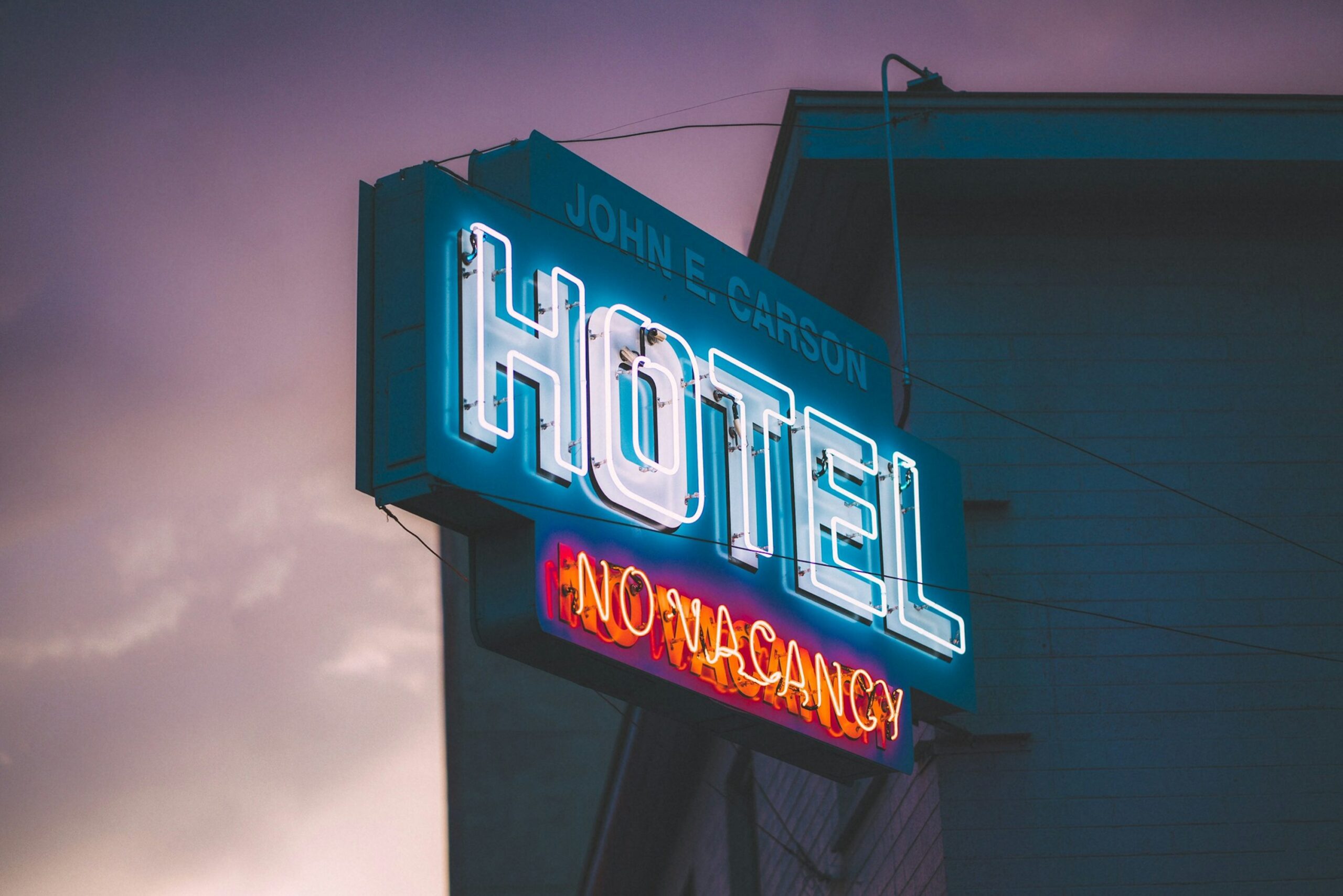From Air Mattress to Empire
In 2008, three struggling roommates in San Francisco inflated air mattresses in their apartment and rented them out to conference attendees. That humble idea “Air Bed & Breakfast” turned into Airbnb, a $100+ billion global marketplace reshaping travel.
Airbnb’s story is more than startup folklore. It’s a masterclass in how entrepreneurs can start scrappy, test an idea on a small scale, and then scale globally.

Solve a Real Problem First
Airbnb didn’t begin with visions of global disruption. It began with a practical fix: local hotels were booked, and travelers needed affordable beds. By solving that immediate pain point, Airbnb validated demand instantly.
Lesson: Don’t start with “changing the world.” Start with fixing one real, urgent problem.

Validate with the Simplest MVP
The founders built a scrappy website to test demand. No fancy app, no global infrastructure just a simple MVP (minimum viable product). The goal wasn’t perfection but proof of concept.
Paul Graham of Y Combinator once said: “Airbnb is a classic example of doing things that don’t scale first, to prove you should scale at all.”
Lesson: Launch quickly, gather feedback, refine. Waiting for perfection kills momentum.

Think Locally, Then Expand Globally
Airbnb grew city by city. They didn’t try to conquer the world overnight. They targeted specific events like political conventions and conferences where accommodation shortages were guaranteed.
Once traction was clear, they expanded internationally, leveraging word of mouth and localized marketing.
Lesson: Win small markets first, then replicate globally.
Build Trust Through Community
Trust was Airbnb’s biggest barrier. Who would stay in a stranger’s home? The founders tackled this by building a review system, host guarantees, and community guidelines. Transparency and accountability created confidence at scale.
Lesson: In a sharing economy, trust is your currency.

Leverage Design and Storytelling
Airbnb wasn’t just about beds it was about experiences. The founders, both with design backgrounds, emphasized photography, branding, and storytelling to make listings aspirational, not just functional.
Their iconic rebrand in 2014 positioned Airbnb not as a rental platform but as a global community of belonging.
Lesson: Great design and narrative elevate you from service to lifestyle brand.

Conclusion: Small Starts, Global Impact
Airbnb’s journey proves that global empires don’t begin with billion-dollar visions. They start with small, scrappy solutions to immediate problems. By testing ideas locally, refining relentlessly, and scaling deliberately, Airbnb transformed from a living room hustle into a hospitality revolution.
For entrepreneurs, the takeaway is timeless: you don’t need to start big you just need to start smart.
FAQs
1. How did Airbnb test its business model at first?
By renting out air mattresses during a local conference in San Francisco when hotels were fully booked.
2. What was Airbnb’s biggest early challenge?
Building trust between hosts and guests. The review system solved this.
3. Did Airbnb raise money right away?
No. They bootstrapped early on even selling cereal boxes as novelty items before joining Y Combinator.
4. How did Airbnb expand internationally?
They targeted cities with clear demand, localized their platform, and built communities through trust systems.
5. What’s the key takeaway for small entrepreneurs?
Start small, validate demand, and scale step by step don’t wait for a perfect product






